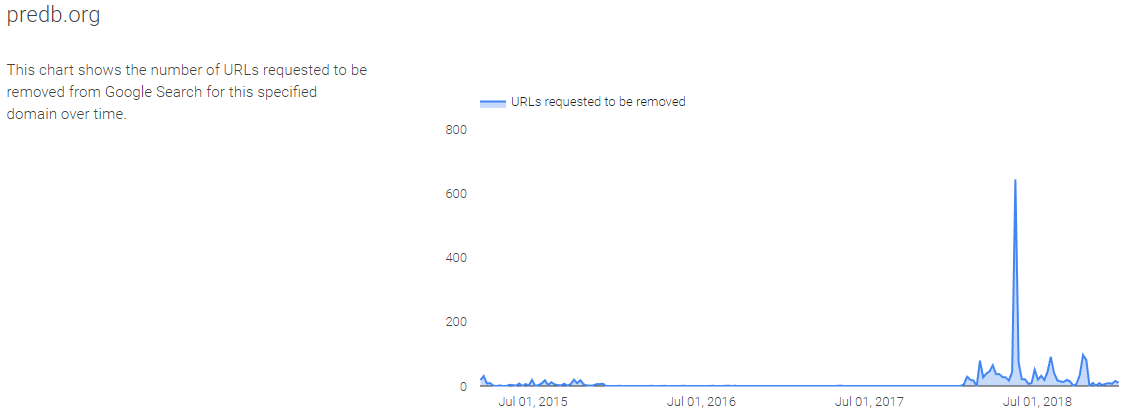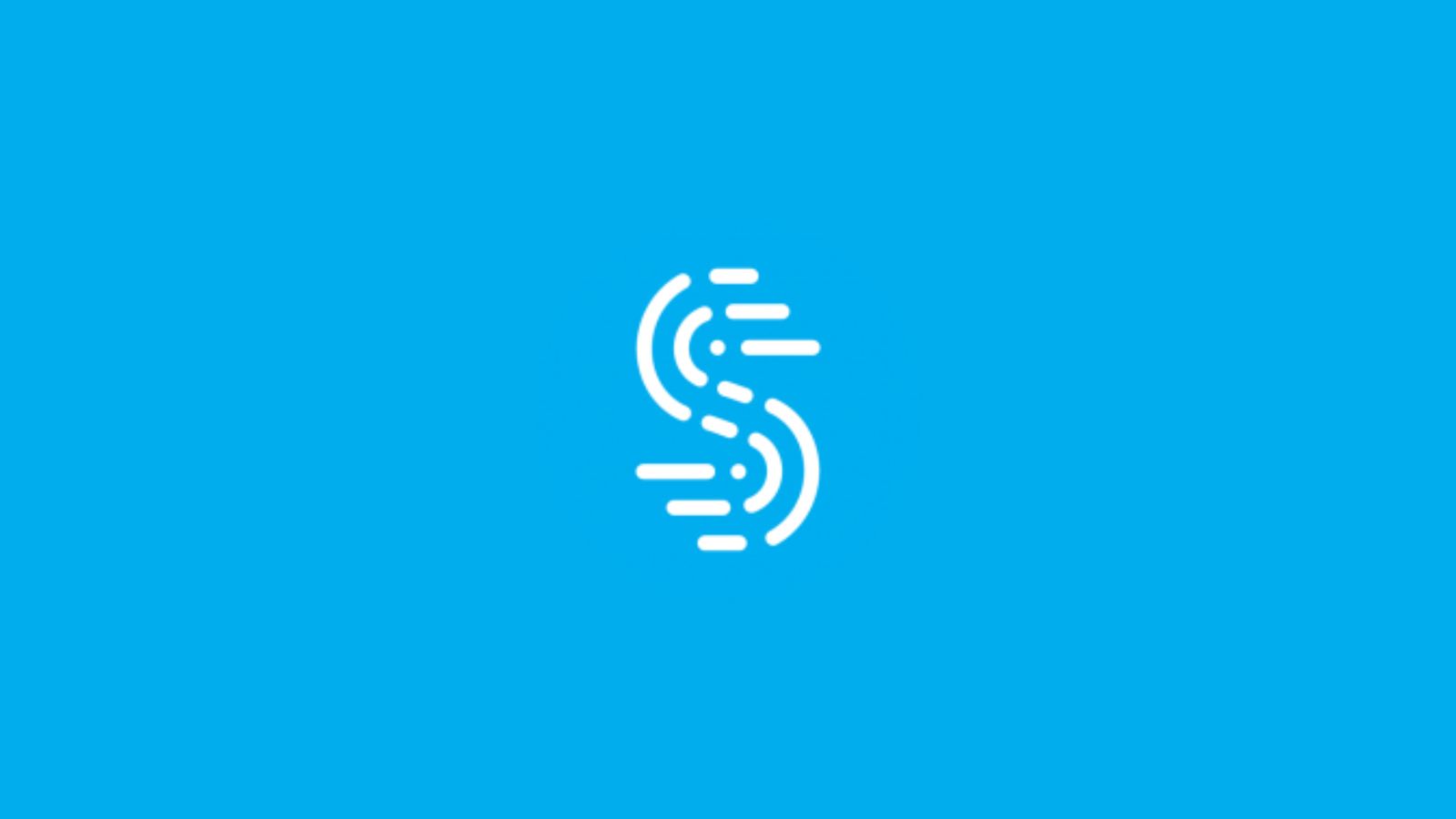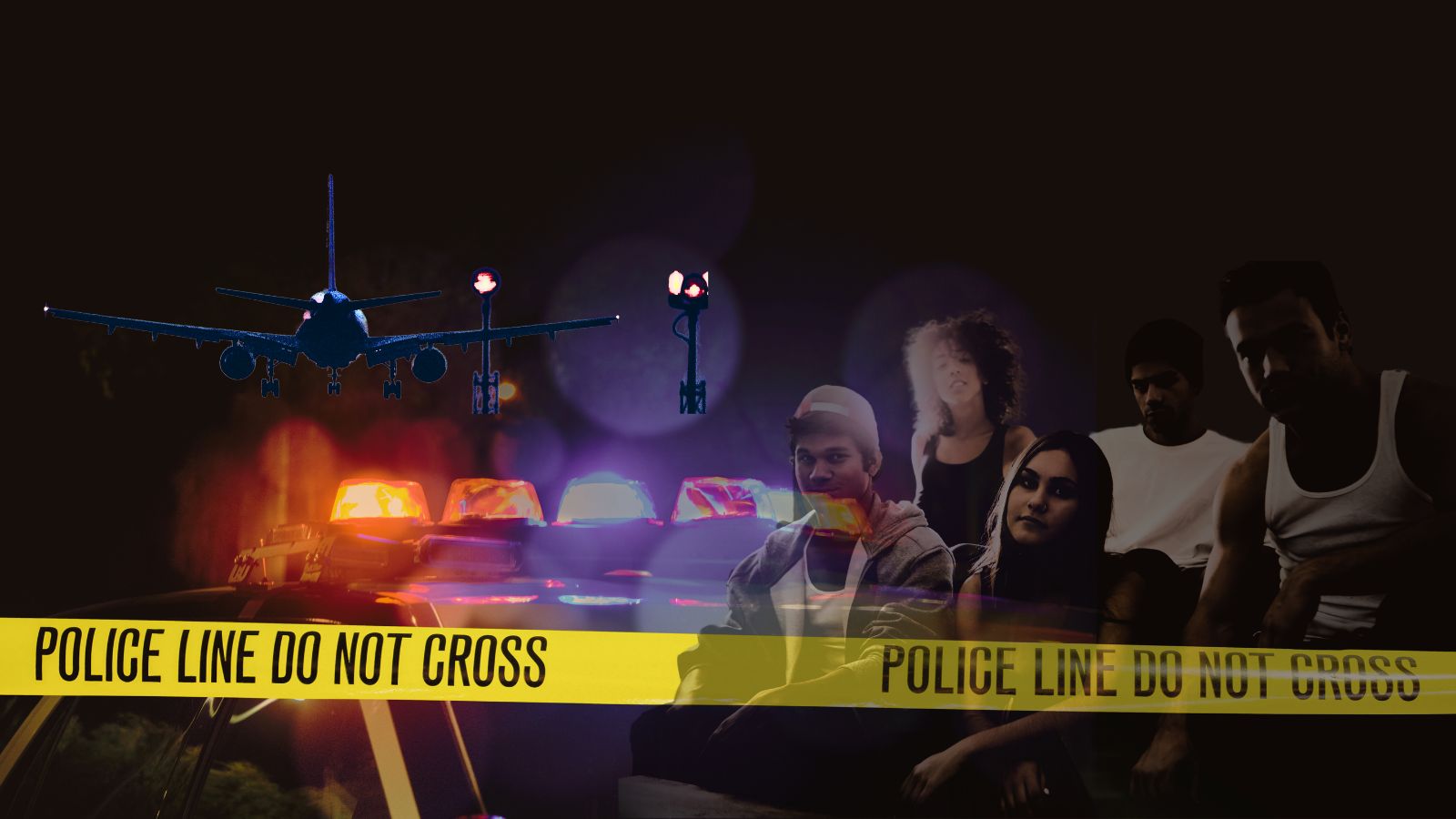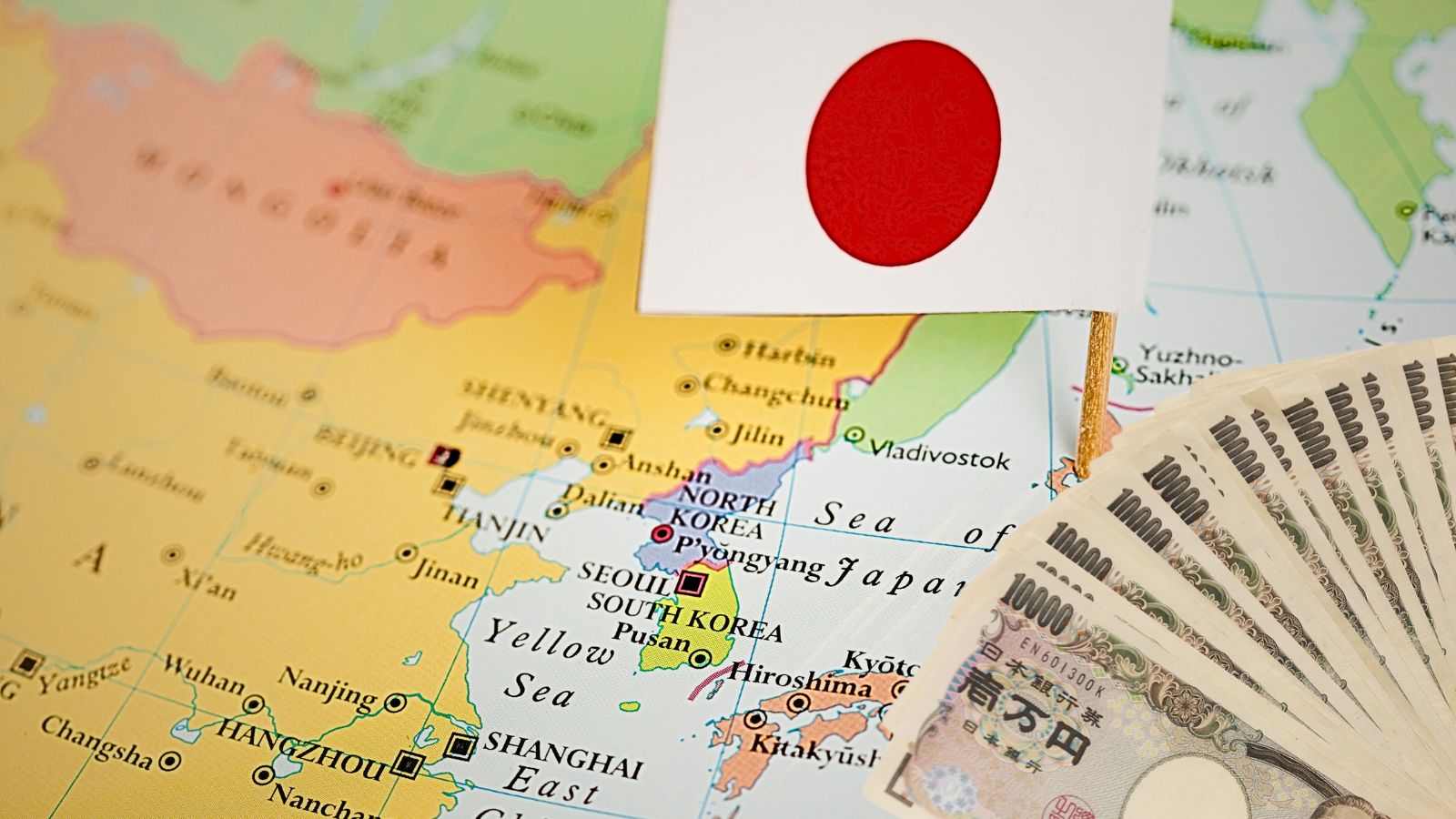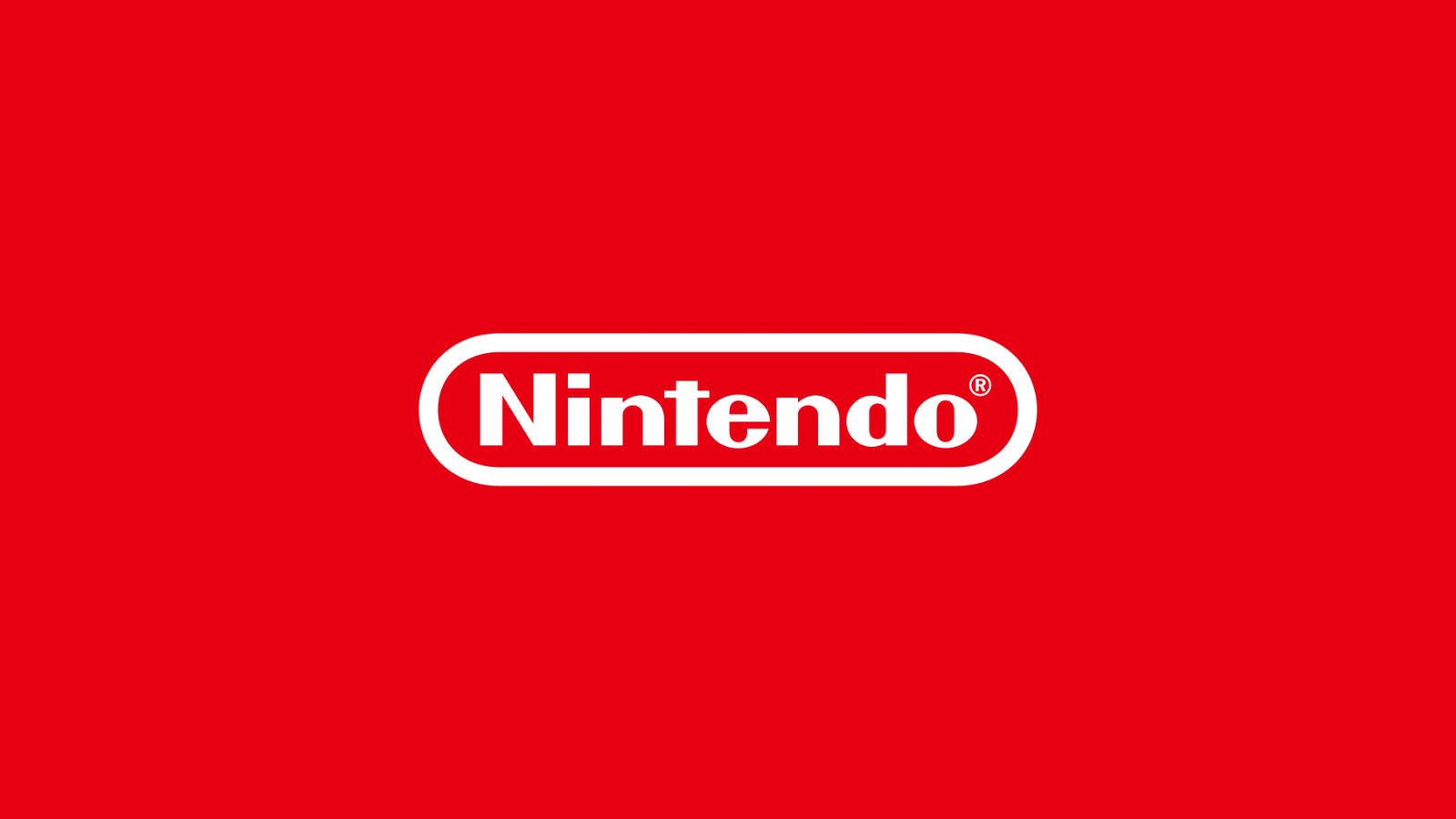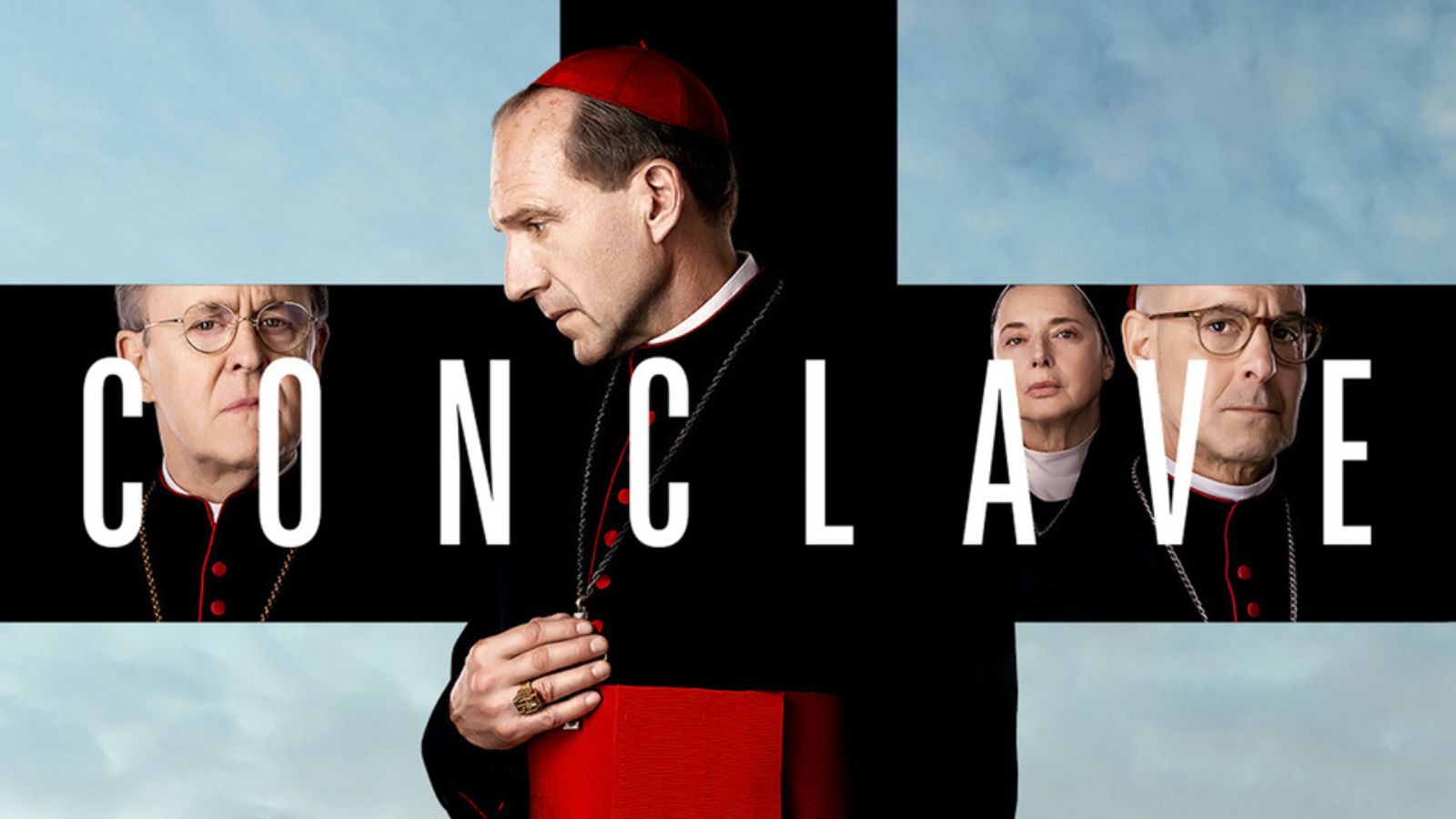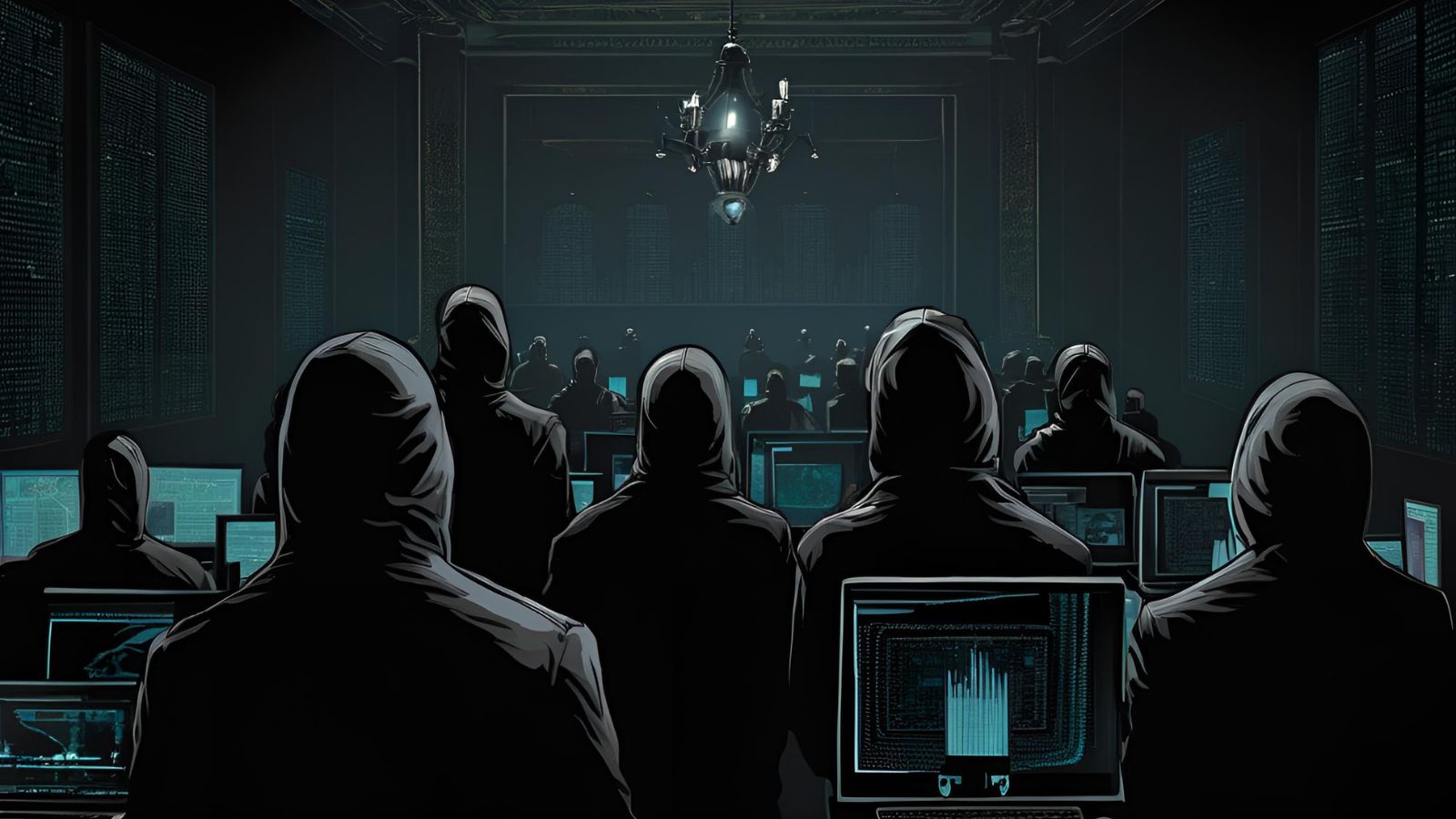
Torrent Release Reporting Websites Heavily Targeted by Copyright Owners
- Thousands of non-copyright-infringing URLs reported by copyright owners throughout 2018.
- Although no illegal activity is taking place on these websites, their operators have no way to convince reporters of white-listing them.
- Piracy is now treated as a unified ecosystem, with no consideration of the actual legality details that underpin each website.
According to data from Google’s Transparency Report, anti-piracy organizations and copyright owner representatives have repeatedly targeted websites that specialize in reporting new torrent releases this year. Websites such as swetracker.org and predb.org are dedicated to merely reporting when a new torrent is released online, and they contain no links to the content, no torrent files, no content samples, and nothing else that could be considered part of a copyright-protected work.
This fact doesn’t seem to stop anti-piracy companies from reporting these websites to Google, with the latter actually removing about 65% of the reporting links from its indexes. According to the 2018 reports, predb.org had 2204 URLs reported, while swetracker.org was reported for another 1315 URLs. Although all content on these sites is clearly not infringing any copyrights, the scanning tools that copyright protection agencies use have trouble telling the difference, as all of the 'guilty' keywords are there.
From the Google Transparency Report
A straightforward way to prevent false reporting from targeting innocent websites would be to white-list them, however, copyright holders may not do this on purpose. Treating torrent release reporting websites as a chain in the link of piracy makes sense, and since false reports aren’t costing them anything, targeting these websites makes sense in the context of fighting the piracy ecosystem in general. Still, legally, this action is not valid but there’s no way for the targeted websites to do something about it.
As SweTracker’s owner has stated on the matter: “My personal experience with anti-piracy companies is that they don’t really know how stuff works. They often state that users can download or stream movies directly from SweTracker, but that’s simply not true. But, I try to make life easy and do remove the releases they ask me to remove. They have contacted me via email several times.”
PreDB.org has even posted a warning banner on their main page, informing the visitor that the website is solely an information one, containing absolutely no downloads or hyperlinks to downloads of copyright-protected material. However, all of these explanations and efforts to isolate these information databases from acts of piracy do not affect the reporting rates much. The reporting surge that has grown exponentially in 2018 is unlikely to drop soon, and copyright-protecting agencies seem determined to fight pirates and all things relevant to them, even when this blind targeting is sometimes actually against their own interests.
How do you see the above? Let us know of your opinion in the comments section, and don’t forget to also share your thoughts on our socials, on Facebook and Twitter.
